Japan: profile of the country that was reborn to become a power
Japan, whose capital, Tokyo, is one of the most modern in the world, had incredible post-war growth
Japan, an archipelago in the Far East, has the third largest economy in the world, behind only the United States and China.
The country has always been recognized as a regional power, going through phases of greater openness and achievements, but also of strong isolation.
Its history dates back to Antiquity, with an imperial tradition that was born more than 2,000 years ago and was consolidated during the Middle Ages.
Devastated by World War II, in which it suffered the only two nuclear attacks ever carried out, Japan was reborn from the ashes of the conflict and developed impressively. In addition to registering strong growth since the 1950s, Japan has become synonymous with new technologies, with Japanese companies standing out in sectors such as cars and electronics.
The trauma of World War II and previous decades, in which it acted as an imperialist power, caused the country to limit the role and size of its armed forces.
Japan's relations with its neighbors are still heavily influenced by the legacy of Japanese actions before and during World War II.
Japan proved to have difficulties in accepting and recanting for the treatment it gave to citizens of countries it had occupied.
More than three-quarters of the Japanese population live in large cities, located on the coast of its four mountainous islands.
The rapid economic expansion of the second half of the 20th century lost steam in the 1990s, under the impact of a growing debt that successive governments were unable to resolve.
Part of a region of great geological instability, Japan has always lived with recurrent earthquakes - and occasional tsunamis caused by earthquakes under the ocean.
This reality led the Japanese to develop advanced building construction technologies allowing their large cities to have skyscrapers capable of withstanding strong shocks.
FACTS
LEADERS
Head of State: Emperor Naruhito
Emperor Naruhito assumed the Japanese throne after his father, Akihito, abdicated in 2019
The then Crown Prince Naruhito assumed the throne of Japan when his father, Emperor Akihito, abdicated on the last day of April 2029, after a 30-year reign.
Akihito had no political power, but he played an important role in efforts to heal the wounds of wars fought against Asian neighbors in the name of his father, Emperor Hirohito.
He also promoted an image of the Japanese imperial family closer to the ordinary citizen, a style that should be followed by the new emperor. Naruhito, who studied at Oxford University, said his kingdom is named Reiwa, which means "beautiful harmony".
Prime Minister: Yoshihide Suga
Prime Minister Yoshihide Suga represents the continuation of the politics of his predecessor, Shinzon Abe
Yoshihide Suga, a veteran chief of staff in the government, became Japanese prime minister in September 2020 after Shinzon Abe's resignation due to health problems.
Suga also assumed the post of leader of the conservative Liberal Democratic Party, which has dominated politics in the country since 1945. The prime minister comes from a farming family, served as Abe's deputy for several years and represented the continuation of his predecessor's policies.
Abe had taken over as prime minister for the second time in 2012, following a landslide victory by the Liberal Democrats at the polls, making him the longest-serving head of government since World War II. Its focus was on heating up the struggling economy and strengthening Japan as a regional power, after decades in which the country avoided making strategic commitments.
MEDIA
The radio and TV sector is technologically advanced and very busy, with a lot of competition involving private and public media companies. Five TV companies, including public company NHK, have terrestrial broadcast networks. Most of NHK's funding comes from licenses to use TV sets paid for by the public, and many millions of viewers subscribe to satellite and cable TV channels as well.
Journalism, drama, entertainment and sports programs - especially baseball - reach huge ratings. Foreign programs are not broadcast widely, but Western influences are noticeable on Japanese TV.
Japan's newspapers have great influence, credibility and high reading levels
Newspapers have great influence and credibility. The country's national dailies sell millions of copies, boosted by their evening and night editions. Some titles charge for online access to their content.
According to Reporters Without Borders, Japanese journalists "say it is difficult to fully exercise their role as overseers of democracy because of the influence of culture and business interests." In recent years, however, online media and news magazines have adopted a more aggressive form of political reporting, according to Freedom House.
More than 118 million people in Japan were on the internet at the end of 2018, which represented 93.5% of the population (data from InternetWorldStats). Line, developed by Japan and Korea, is by far the country's leading social and messaging app. YouTube, Twitter, Facebook and Instagram are widely used.
RELATIONS WITH BRAZIL
The common history of Brazil and Japan is strongly linked to the year 1908. In June of that year, the Japanese ship Kasato Maru landed in Santos bringing the first 781 immigrants from Japan to Brazilian soil. They sought a better life, leaving behind family, friends, customs and an economic depression that threatened them with hunger and misery.
Formal relations between the two countries, however, had begun more than a decade earlier, with the signing, in 1895, of the Treaty of Friendship, Commerce and Navigation. Mutual diplomatic representations came two years later.
Currently, a little over a century later, the Japanese community in Brazil, where there are about 2 million Japanese and descendants, is considered the largest in the world outside of Japanese territory.
Japanese culture had a great influence on Brazilian society, particularly in the city of São Paulo and region, with emphasis on agricultural activities.
The Liberdade neighborhood in São Paulo concentrates the community formed by Japanese immigration to Brazil
The Brazilian community in Japan is considered the third largest of foreigners, with around 200 thousand people - attracted by the opportunities generated by the impressive economic growth of the country after the destruction in World War II.
In 2014, during the visit to Brazil of the then Japanese prime minister, Shinzo Abe, relations between Brasília and Tokyo were elevated to the status of "strategic and global partnership".
In 2018, with bilateral trade of US$8.6 billion, Japan was the country's ninth largest trading partner.
TIMELINE
Important dates in Japan's history:
Antiquity - Emperor Jimmu, who lived in the 7th century BC, is considered the first Japanese emperor.
4th to 6th centuries - During the Kofun period, dispersed kingdoms are unified around the figure of a single emperor for Japan.
1853 - The US naval fleet forces Japan to open up to foreign influence, after more than 200 years of being isolated.
1868 - Proclamation of the Empire of Japan. Country enters a rapid period of industrialization and imperial expansion.
1910 - Japan annexes Korea, becoming one of the main powers in the world.
1914 - Japan enters World War I alongside Great Britain and its allies, obtaining some islands in the Pacific that previously belonged to Germany.
1925 - Universal suffrage for the country's male population is instituted.
1930s - Japan takes over the Chinese provinces of Manchu, Shanghai, Beijing and Nanjing in actions that have included atrocities such as the so-called "Rape of Nanjing".
1939-45 - During World War II, Japan occupied several countries in Asia, such as the Philippines and Burma. It was defeated when the United States dropped two atomic bombs on the cities of Hiroshima and Nagasaki.
Japan's surrender at the end of World War II ended the Japanese imperialist era
1945 - The US occupied the country, which was devastated by war. Post-war recovery and political reform begin. The economy would eventually grow, and the country would once again become an economic powerhouse.
1952 - Japan regains its independence, but the United States retains control of several islands for military use, including Okinawa.
1964 - Olympic Games are held in Tokyo.
1989 - Emperor Hirohito dies, succeeded by his son Akihito.
2011 - In February, Japan is surpassed by China as the second largest economy in the world. In March, a massive earthquake causes a devastating tsunami that hits the northeast of the country. The Fukushima nuclear power plant is damaged, and the radiation leak forces the area around it to be evacuated.
2019 - Emperor Akihito abdicates his throne in favor of Prince Naruhito, his son.
2020 - Affected by the coronavirus pandemic, the country decides to cancel the Olympic Games to be held in the capital, Tokyo. The games are scheduled for July 2021.
2021 - On July 23, the city of Tokyo holds the opening ceremony of the Olympic Games, attended by a limited number of people. Thousands of people sign an online petition urging the government to cancel the games fearing the further spread of Covid-19 in the country
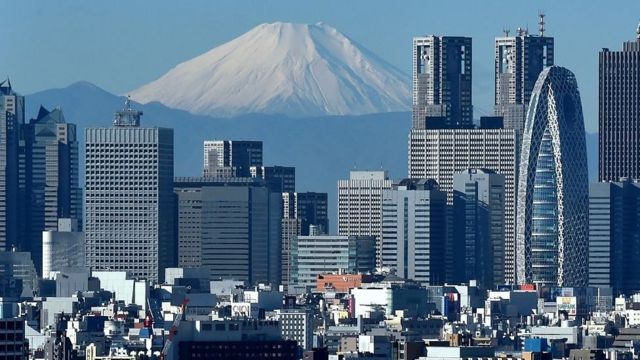
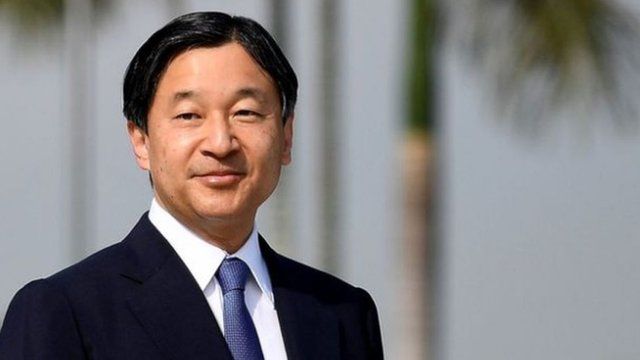
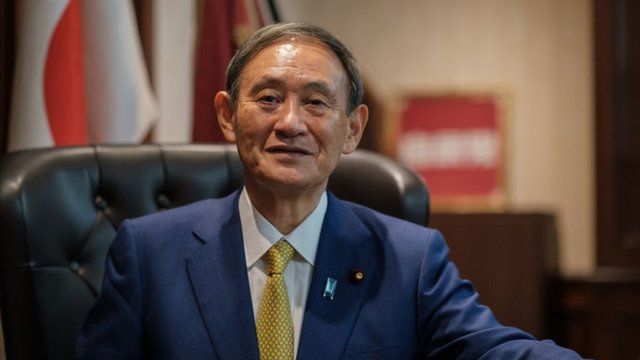
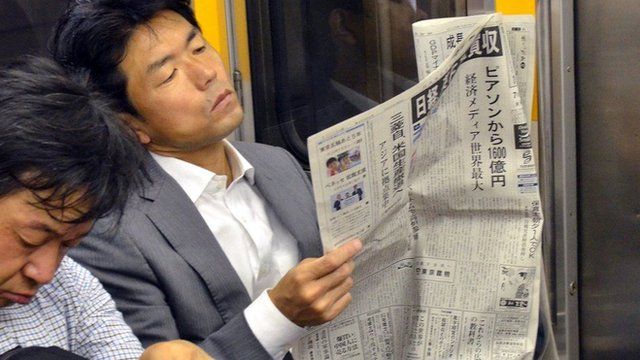
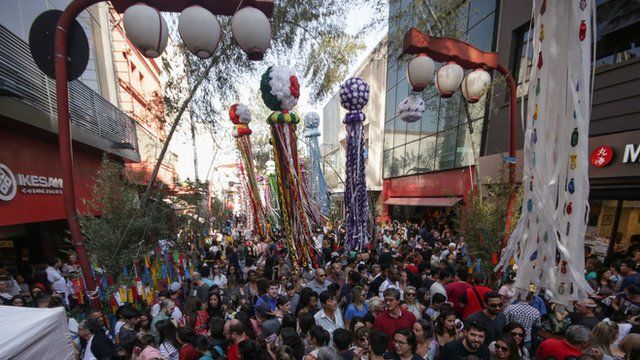


No comments:
Post a Comment